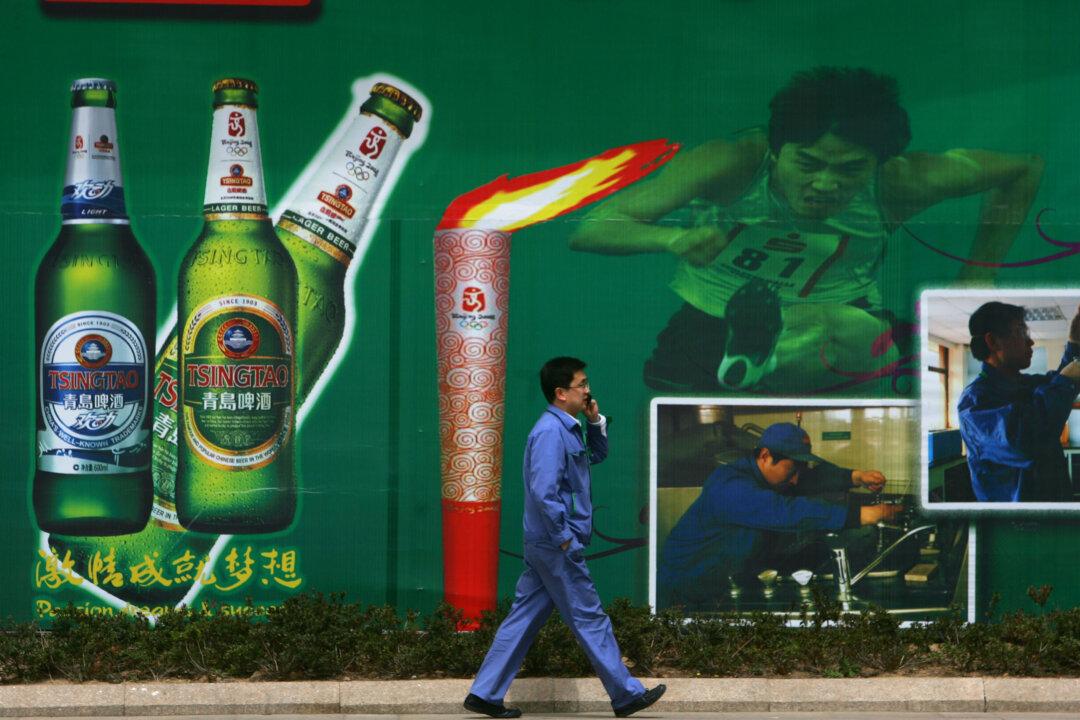A Chinese video on social media has escalated into a hot topic of debate not only among Chinese netizens but also in South Korea, causing considerable public outrage. Numerous South Korean consumers of a popular Chinese beer have vowed to never purchase it again.
On Oct. 19, a video surfaced on various Chinese social media platforms, including Douyin (the Chinese version of TikTok) and Weibo, showing an employee scaling a fence to gain unauthorized entry into a malt storage facility at Tsingtao Brewery’s third plant. Once inside, the individual proceeded to urinate in one of its tanks. This video rapidly gained traction, becoming one of the top trending topics on Weibo and earning the name “The Tsingtao Beer Urination Scandal” on various Chinese media outlets.






